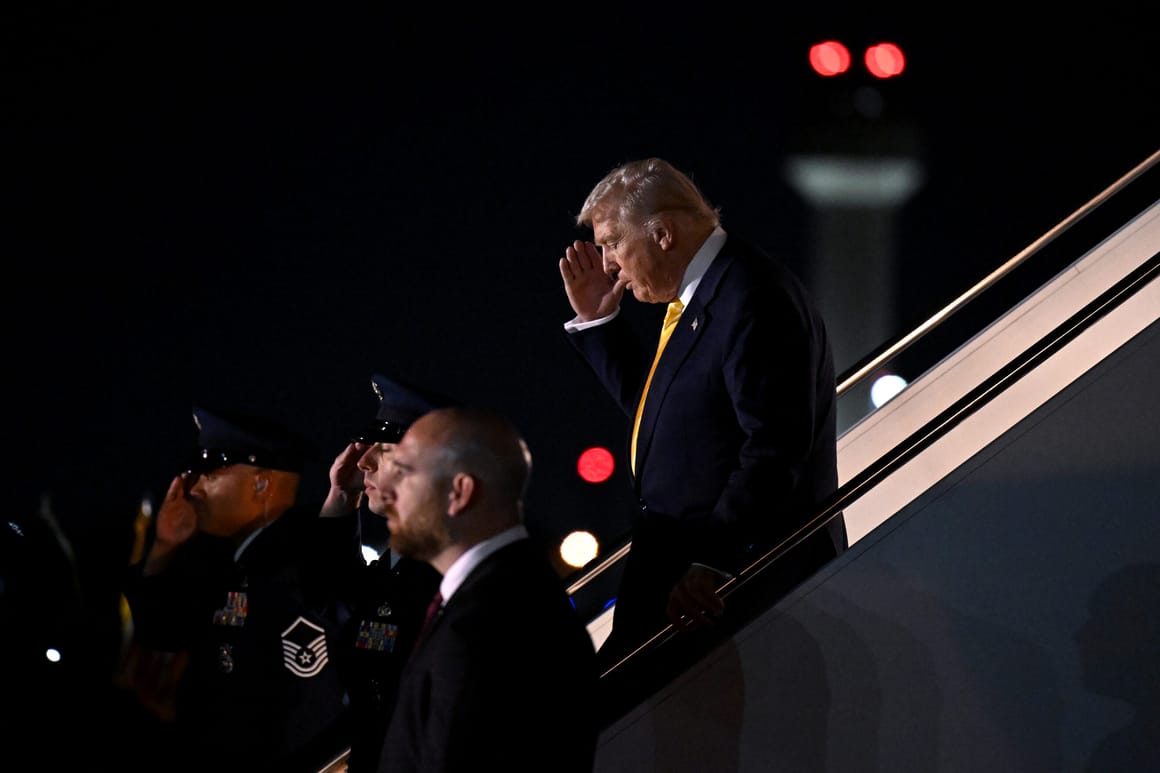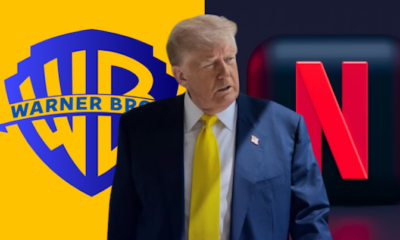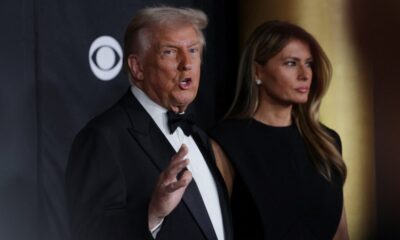Politics
Businesses Struggle to Navigate Trump’s Complex Tariff System

U.S. businesses are grappling with the intricate tariff system introduced by President Donald Trump, which has proven to be a significant drain on executive time and company resources. The new tariffs, characterized by their complexity, are nullifying some of the benefits that companies gained from recent corporate tax cuts.
Over the past year, the Trump administration has overhauled the U.S. tariff code, replacing a straightforward system with a multifaceted structure that imposes varying rates based on the origin of imported goods. For instance, an industrial product that previously incurred a uniform 5 percent tariff may now face rates of 15 percent from the European Union or Japan, 20 percent from Norway and many African nations, and as high as 50 percent for imports from countries like India, Brazil, and China.
The ramifications of these changes are significant, as noted by Gary Shapiro, CEO of the Consumer Technology Association. He stated, “This has been an exhausting year for most CEOs in the country. The level of executive time that’s been put in has been enormous.” As a result, many executives are diverting focus from innovation to compliance with tariff regulations.
The U.S. Department of Justice has intensified the pressure by prioritizing the prosecution of customs fraud, prompting companies to invest heavily in compliance. Many businesses are incurring costs that could total tens of millions of dollars to avoid running afoul of the new regulations. This burden is compounded by the higher tariffs that companies are now paying, which collectively amount to tens of billions of dollars monthly.
A recent survey by KPMG revealed that 89 percent of CEOs anticipate tariffs will significantly impact their business operations over the next three years. Furthermore, 86 percent of respondents indicated they would respond by increasing prices for goods and services.
Maytee Pereira, managing director for customs and international trade at PriceWaterhouseCoopers, reported that many clients are dedicating 30 to 60 percent of their time to tariff-related discussions. This shift has led to increased involvement from CEOs in import-sourcing decisions and has heightened competition for professionals with customs expertise.
The uncertainty surrounding tariff policies is inhibiting companies from committing resources to research and development, as well as expansion efforts. An anonymous industry official highlighted that many businesses are unable to invest in new factories or innovations due to the lack of clarity. “They don’t have the certainty they need to make decisions,” the official remarked.
The White House defended the tariffs as essential for enhancing domestic manufacturing and promoting economic growth. Treasury Secretary Scott Bessent stated, “I think 2026 is going to be a blockbuster year,” indicating that the administration expects long-term benefits from its trade policies.
Despite these assurances, the complexities of the tariff system continue to pose challenges. An industry official noted, “It is incredibly complex, and it keeps changing.” The nonpartisan Milken Institute has begun examining the implications of these regulations, highlighting the difficulties companies face in making informed decisions due to the unpredictability of tariff policies.
Trump’s tariffs, implemented under a 1977 emergency powers act, have varied widely, with baseline rates beginning at 10 percent for approximately 100 trading partners. Higher rates of 15 to 41 percent apply to nearly 100 others, including the European Union. Additionally, companies face severe penalties if imports from high-tariff countries are found to have been rerouted through third nations to evade tariffs.
The situation is particularly strenuous for small businesses, which are often overwhelmed by the myriad of tariff rules. Cassie Abel, CEO of Wild Rye, expressed frustration during a press conference, stating, “We are no longer investing into product innovation; we’re just spending our money trying to stay afloat through this.”
In response to the uncertainties induced by the tariff system, small business owners have united to challenge Trump’s use of the emergency powers act within the U.S. Supreme Court. One case filed by Crutchfield Corp., a family-owned electronics retailer, emphasized the chaos caused by the administration’s fluctuating tariff policies, arguing that such unpredictability hinders their ability to plan effectively.
As businesses continue to navigate this evolving landscape, the broader economic implications remain to be seen. The complexities of the tariff system not only strain resources but also threaten long-term growth and innovation across various sectors.
-

 Entertainment3 months ago
Entertainment3 months agoAnn Ming Reflects on ITV’s ‘I Fought the Law’ Drama
-

 Entertainment4 months ago
Entertainment4 months agoKate Garraway Sells £2 Million Home Amid Financial Struggles
-

 Health3 months ago
Health3 months agoKatie Price Faces New Health Concerns After Cancer Symptoms Resurface
-

 Entertainment3 weeks ago
Entertainment3 weeks agoCoronation Street Fans React as Todd Faces Heartbreaking Choice
-

 Entertainment3 months ago
Entertainment3 months agoCoronation Street’s Carl Webster Faces Trouble with New Affairs
-

 World3 days ago
World3 days agoKevin Sinfield Exceeds Fundraising Goal Ahead of Final Marathons
-

 Entertainment3 days ago
Entertainment3 days agoTwo Stars Evicted from I’m A Celebrity Just Days Before Finale
-

 World3 weeks ago
World3 weeks agoBailey Announces Heartbreaking Split from Rebecca After Reunion
-

 Entertainment3 months ago
Entertainment3 months agoWhere is Tinder Swindler Simon Leviev? Latest Updates Revealed
-

 Entertainment4 months ago
Entertainment4 months agoMarkiplier Addresses AI Controversy During Livestream Response
-

 Science2 months ago
Science2 months agoBrian Cox Addresses Claims of Alien Probe in 3I/ATLAS Discovery
-

 Health5 months ago
Health5 months agoCarol Vorderman Reflects on Health Scare and Family Support





















